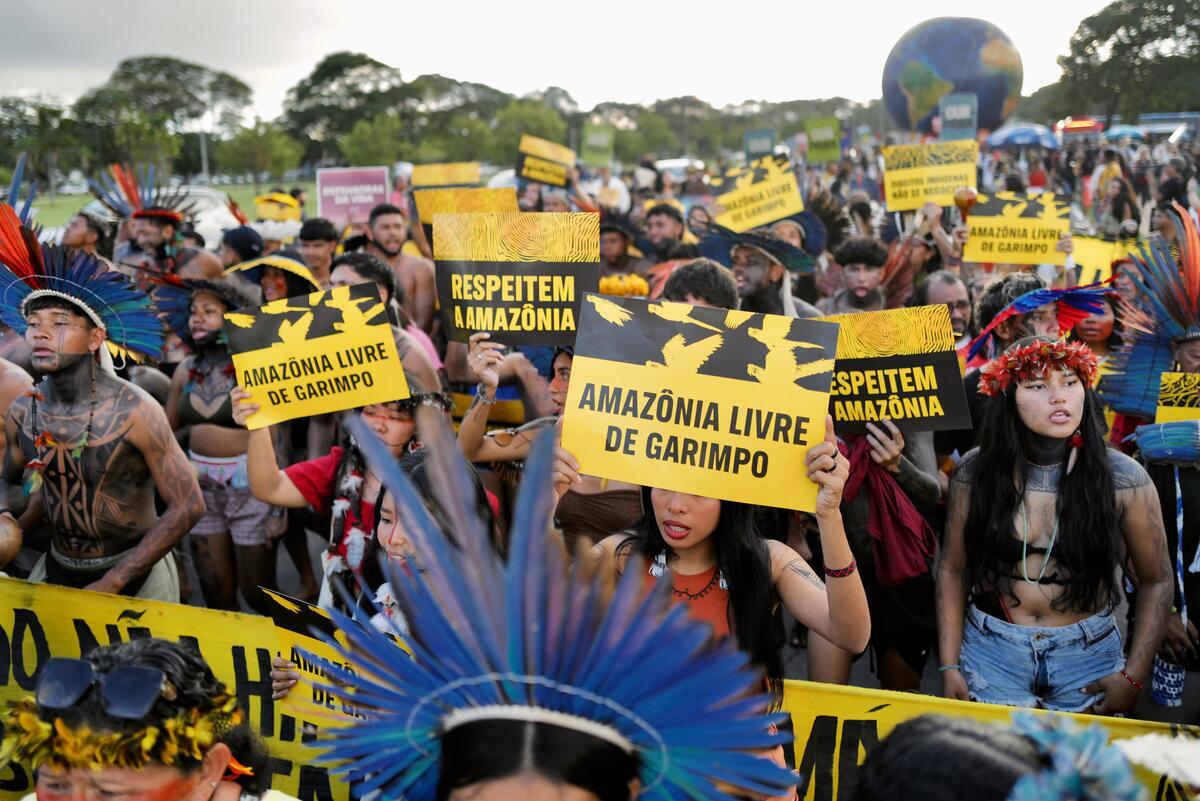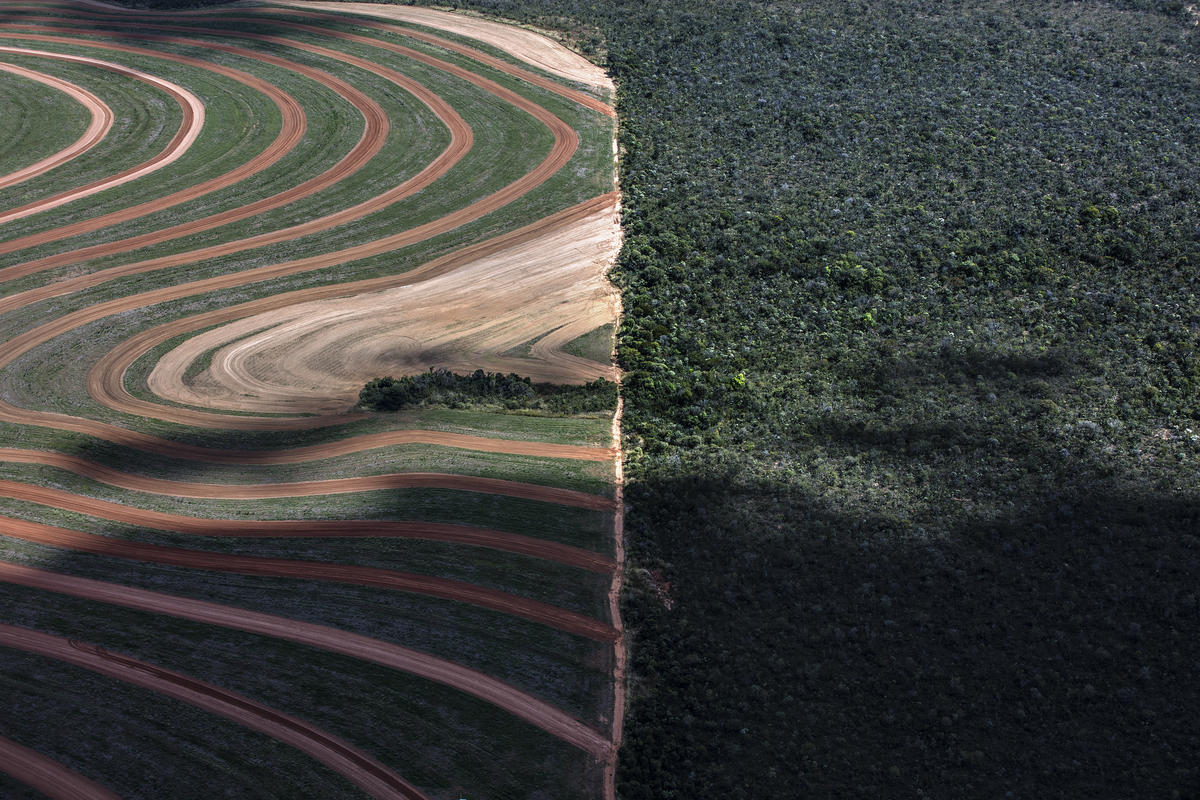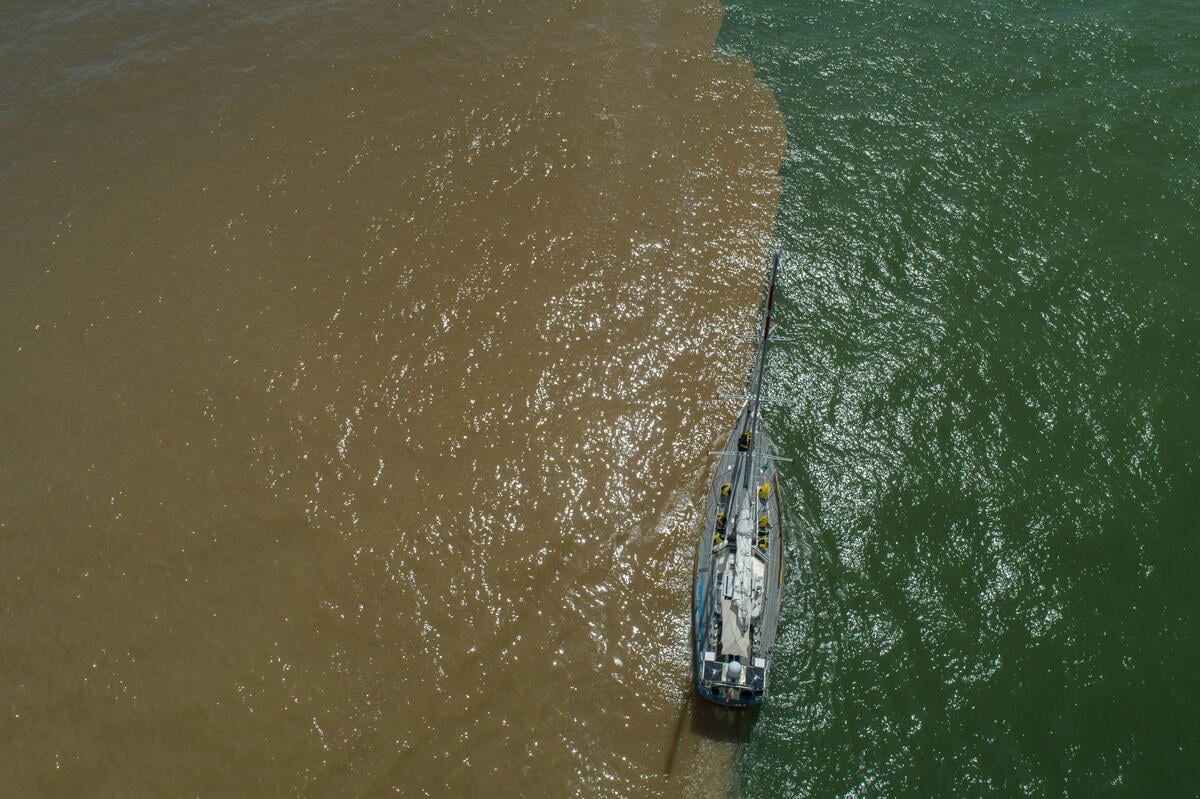What happens when the world’s biggest meat company starts branding itself as a climate saviour? The feeder of the world? You get JBS, a methane cooker mega-corporation that’s making billions and rubbing shoulders with Wall Street while its supply chain sets the Amazon on fire.
If corporate green public relations had a face, it would look a lot like JBS, the Brazilian meat giant with a climate change driving methane footprint that rivals Big Oil, and a public image carefully wrapped in sustainability spin. You may not recognise the name, but its impact is unmistakable: in the smoke that rises over the Amazon, in the stillness of razed forests, and in the rising emissions pushing our planet closer to collapse.
This is the world’s biggest meat company. We’ve said the name for years, and still, the destruction continues.
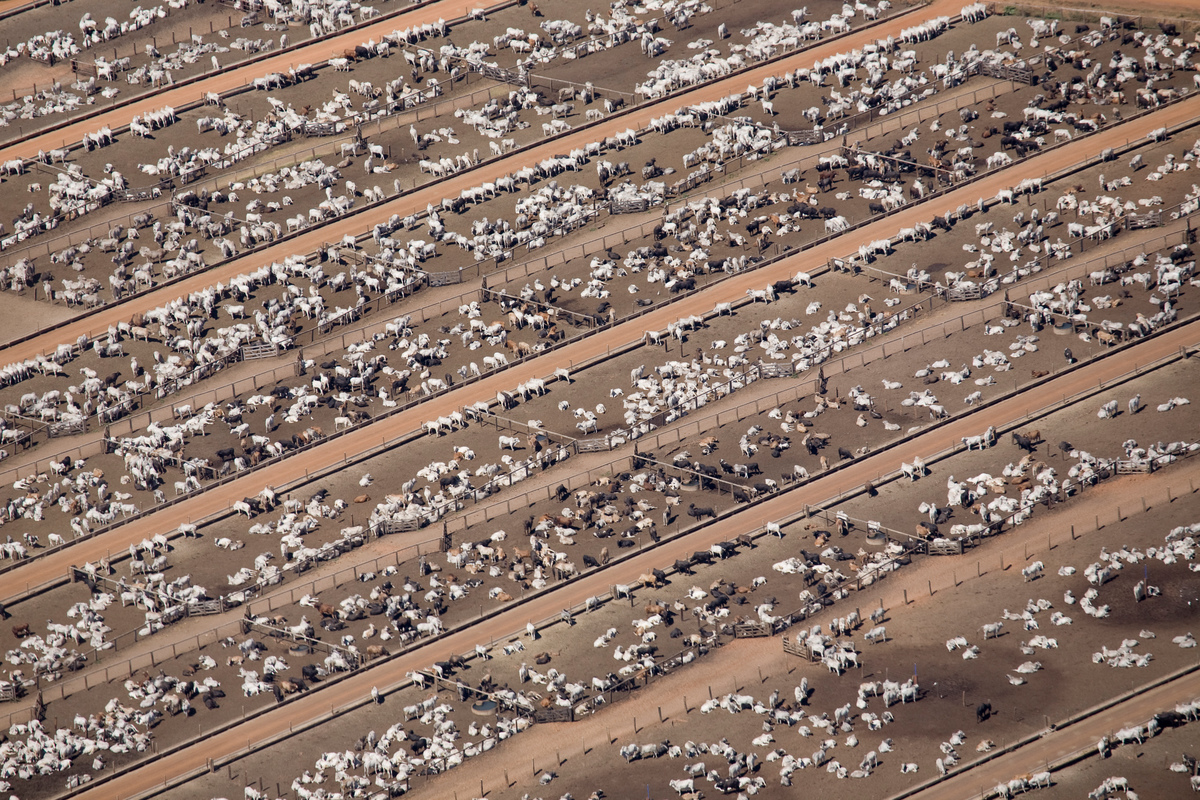
JBS isn’t just big – it’s planetary
The people making decisions behind the scenes of JBS want you to think that they are “feeding the world with the best” and saving the climate, even while they turn the Amazon into a methane hotbox. We’re talking around 76,000 cows, 14 million chickens, and 147,000 pigs per day. This is industrial meat pushed beyond the limits of nature, and it’s being driven by the Batista brothers, billionaires with a long trail of environmental harm and corruption behind them. Their company, JBS, is the face of a system turning forests into profit margins and climate stability into shareholder dividends.
From bribery to fraud and good old-fashioned nature destruction, the Batista Brothers have been linked to many a charge. In 2020, the company pled guilty to U.S. foreign bribery charges and shelled out $USD 256 million in fines. As of the beginning of 2025, it was still staring down $USD 6.4B in legal liabilities. However, their core business model depends on a vast supply chain, one that’s driving deforestation in Amazon and other biomes in Brazil at a scale that makes the term ‘eco-crime’ feel like an understatement. All for profit.
Between 2009 and 2023, JBS slaughterhouses were reportedly linked to nearly 470,000 hectares of deforestation in the Amazon and Cerrado, seven times the size of London. And beyond their direct operations lies something even more insidious: an indirect supply chain potentially linked to another more than 1.5 million hectares of forest loss. This devastation is driven by criminal activities like cattle laundering, illegal land grabbing, and repeated violations of Indigenous territories. Their profit might be mighty, but we are the ones who will pay for their methane footprint that rivals even Shell’s and ExxonMobil’s combined.
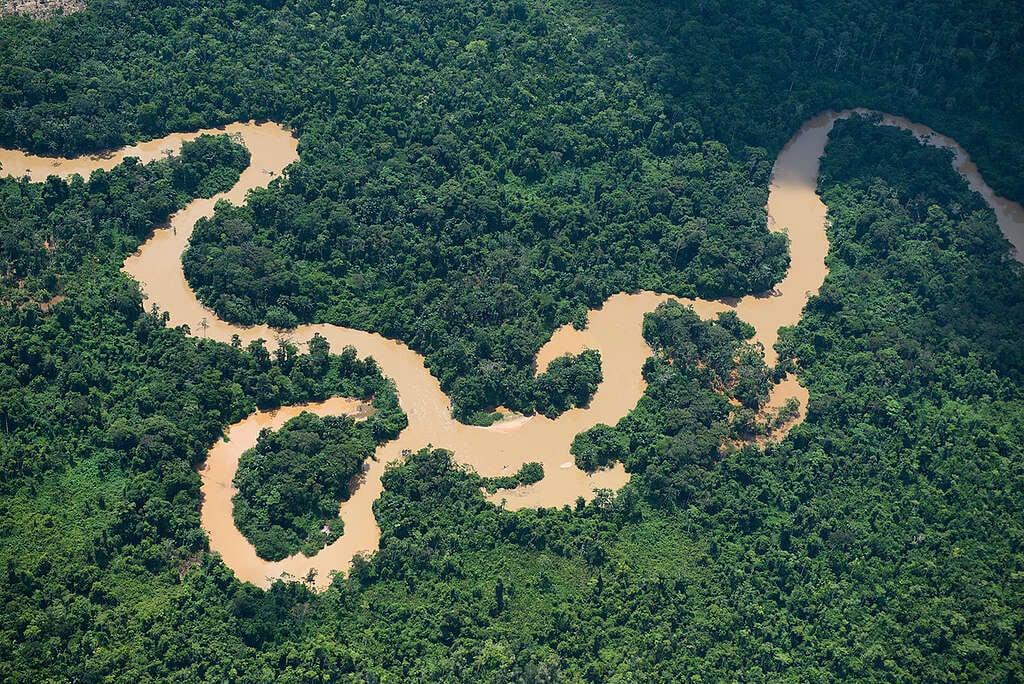
Why are we beefing with JBS?
JBS claims to uphold a zero-deforestation policy. Yet, 14 years after it first promised to eradicate deforestation from its supply chain, it is still heavily linked to suppliers operating in illegally deforested areas. Shocking, isn’t it? Its so-called “sustainability plan” reads more like a polished press release than a pathway to accountability. They even released a “net-zero by 2040” pledge that their own Chief Sustainability Officer later called an aspiration, not a promise. And now, JBS is seeking to list on the New York Stock Exchange, via a Dutch shell company. The move raises serious questions about transparency and accountability. If approved, the restructuring would grant the Batista family over 85% of voting rights. This isn’t climate leadership. It’s corporate consolidation at the expense of people, planet, and public trust.
Enough is Enough
It’s time to start recognising JBS for what it is: a nature and climate supervillain with a business model rooted in exploitation, devastation and oppression. We are standing at a climate tipping point. Methane is a fast-acting, planet-heating gas, and JBS is emitting it at staggering levels. If their listing on the NYSE is approved, investors won’t just be buying shares. They’ll be underwriting the continued destruction of the Amazon, other vital ecosystems and the acceleration of climate collapse.
It’s no longer about awareness; we’ve had more than enough. If you believe the Amazon deserves a future, the real question is: what will you do now?
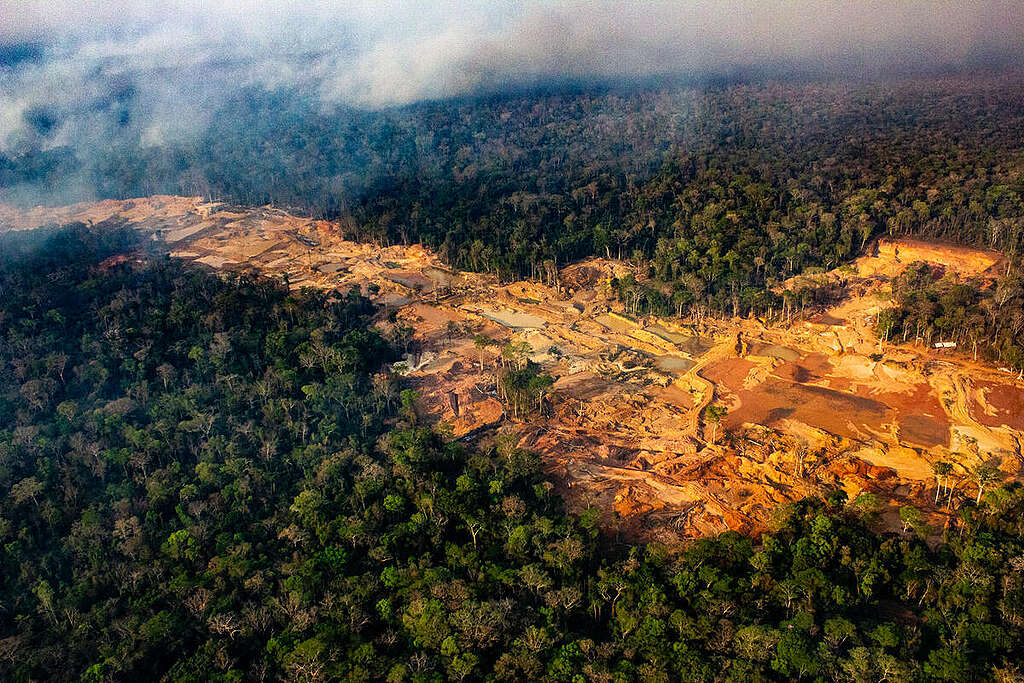
Ask political leaders to act on their promises to stop Amazon destruction.
Join the movementAlessandro Saccoccio is the Respect the Amazon Project Lead at Greenpeace International.

